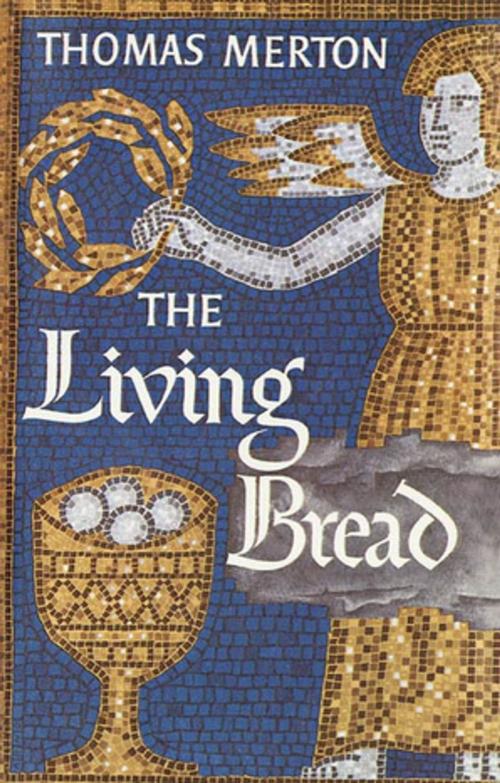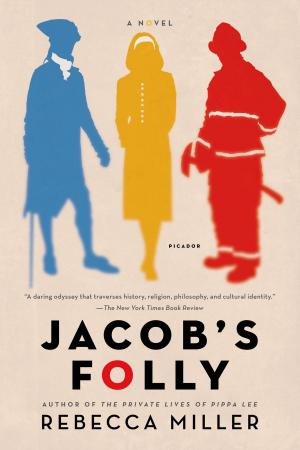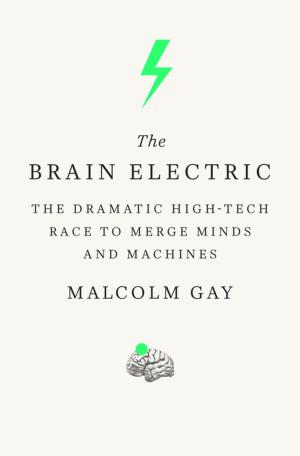The Living Bread
Nonfiction, Religion & Spirituality, Christianity, Denominations, Catholic, Catholicism| Author: | Thomas Merton | ISBN: | 9781429945288 |
| Publisher: | Farrar, Straus and Giroux | Publication: | May 25, 2010 |
| Imprint: | Farrar, Straus and Giroux | Language: | English |
| Author: | Thomas Merton |
| ISBN: | 9781429945288 |
| Publisher: | Farrar, Straus and Giroux |
| Publication: | May 25, 2010 |
| Imprint: | Farrar, Straus and Giroux |
| Language: | English |
The whole problem of our time is the problem of love. How are we going to recover the ability to love ourselves and to love one another?
We cannot be at peace with others because we are not at peace with ourselves, and we cannot be at peace with ourselves because we are not at peace with God.
There is a distinction between a contrite sense of sin and a feeling of guilt. The former is a true and healthy thing, the latter tends to be false and pathological.
The man who suffers from a sense of guilt does not want to feel guilty, but at the same time he does not want to be innocent. He wants to do what he thinks he must not do, without the pain of worrying about the consequences.
The history of our time has been made by dictators whose characters, often transparently easy to read, have been full of repressed guilt. They have managed to enlist the support of masses of men moved by the same repressed drives as themselves.
Modern dictatorships display everywhere a deliberate and calculated hatred for human nature as such. The technique of degradation used in concentration camps and in staged trials are all too familiar in our time. They have one purpose: to defile the human person.
The whole problem of our time is the problem of love. How are we going to recover the ability to love ourselves and to love one another?
We cannot be at peace with others because we are not at peace with ourselves, and we cannot be at peace with ourselves because we are not at peace with God.
There is a distinction between a contrite sense of sin and a feeling of guilt. The former is a true and healthy thing, the latter tends to be false and pathological.
The man who suffers from a sense of guilt does not want to feel guilty, but at the same time he does not want to be innocent. He wants to do what he thinks he must not do, without the pain of worrying about the consequences.
The history of our time has been made by dictators whose characters, often transparently easy to read, have been full of repressed guilt. They have managed to enlist the support of masses of men moved by the same repressed drives as themselves.
Modern dictatorships display everywhere a deliberate and calculated hatred for human nature as such. The technique of degradation used in concentration camps and in staged trials are all too familiar in our time. They have one purpose: to defile the human person.















